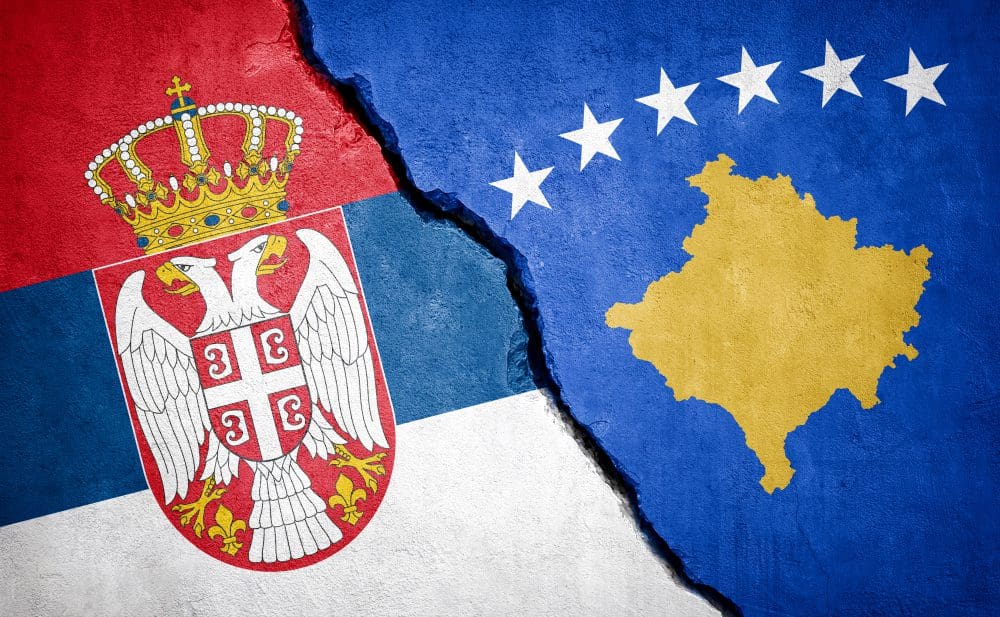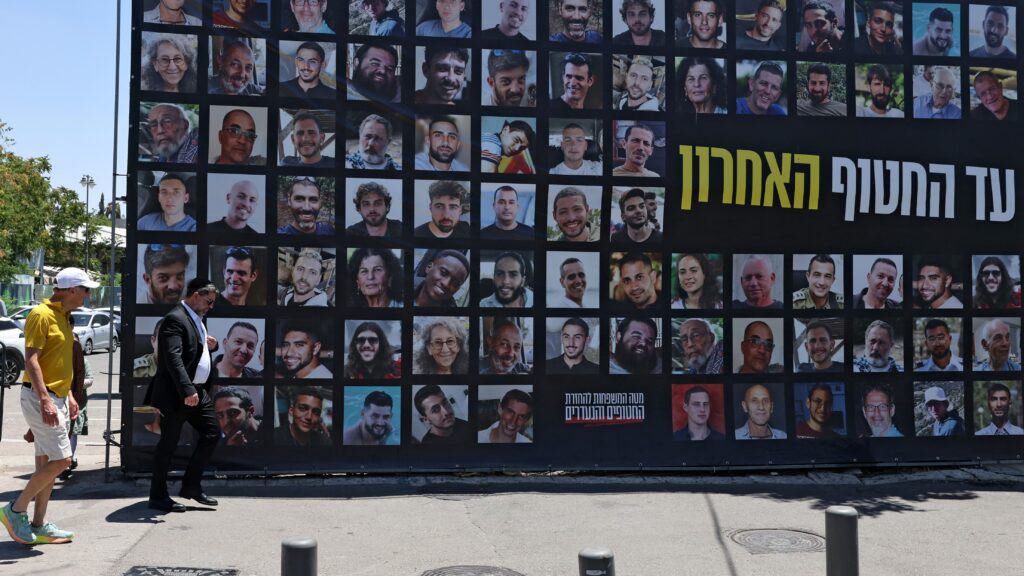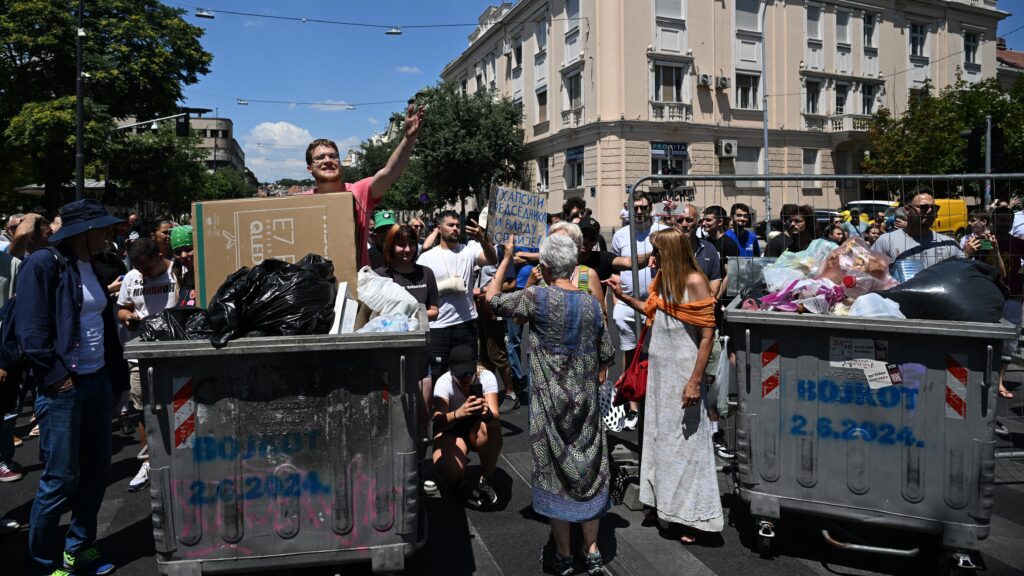After the breakup of Yugoslavia, there was a four-year war between the former republics, ended by the NATO bombings in 1999. Since then, the region has been trying to repair its economy and heal its wounds. Recently, however, both the local and the international press have been reporting again about ethnic conflicts flaring up in the region. Can the disagreements be settled through diplomacy, or will history repeat itself?
The serious armed conflict raging between 1991 and 1995 went down in history as the Yugoslav or the Balkan Wars. Because of the war, more than 4 million people had to leave the former member states, and 140 thousand people were killed. The countries and their economies were literally in ruins—all the states had to deal with the massive damage caused and get back on their feet. Since then, the countries involved have been at peace.
Most of the refugees could return to their homes, and there has been no internal ethnic violence—until this summer.
At the end of September, Ursula von der Leyen embarked on a diplomatic tour in the Balkans, the primary purpose of which was to ease the tension between Serbia and Kosovo and to negotiate about a possible EU enlargement. Von der Leyen expressed concern about the situation and called for the return of the Serbian and Kosovo sides to the negotiating table.
As for the negotiations, the two parties had already tried to reach an agreement with the help of the EU as early as 2011—then, the main goal was to address the technical issues that had existed since the declaration of Kosovo’s independence in 2008.
In fact, the current conflict may also be traced back to an agreement signed in Brussels in 2016,
one of the important points of which was the issue of car number plates in Kosovo, as well as the use of personal documents.
Since 1999, the United Nations Interim Administration Mission in Kosovo (UNMIK) has been issuing temporary car number plates. After the declaration of independence of Kosovo, these plates were produced in parallel with the new Kosovo plates until 2021. The matter is further complicated by the plates issued by the Serbian authorities, which, although de facto accepted in Northern Kosovo, where the Serbian majority lives, are in fact illegal, as we explained in an earlier article on the topic. In Kosovo there were, and still are, officially two types of neutral plates: KS (Kosovo) and RKS (Republic of Kosovo). The first one has not been produced since September 2020, and in the case of the second one, when travelling from Kosovo to Serbia, the coat of arms must be covered with stickers. At the same time, there are also KM, PR, and UR car number plates, which are very similar to those issued by Serbia, having city codes on them; however, with these plates, Serbia can only be entered via two border crossings: Brnjak and Jarinje.
According to the decision of the Kosovo government, vehicles with such plates are now not allowed on the roads inside the country or to cross the border since 31 October—when the grace period for re-registration expired, and non-complying vehicles are now in principle considered unregistered.
The transition process began a month later than planned, on 1 September, instead of 1 August, after local Serbs blockaded roads to express their dissatisfaction with the decision. The organizers of the movement were supported by Srpska Lista, a Kosovo Serb party heavily financed by Belgrade.
According to Goran Rakić, the leader of the party, the blockade was ‘a reaction and not an action.’
In addition, several cars with RKS plates were set on fire because of the compulsory re-registration. According to Xhelal Svecla, Minister of the Interior of Kosovo, this is ‘overt incitement against the institutions of the Republic of Kosovo.’
Until now, the authorities could only warn those who refused to re-register their vehicles, but in accordance with the Prishtina government’s decision, a fine of 150 euros will be imposed on them from 21 November.
In response to this, Kosovo Serbs organized a demonstration with hundreds of people in early November, singing the Serbian national anthem and nationalist songs, and holding banners saying, ‘This is Serbia!’. According to Mr Rakić, the message addressed not only to Pristina but also to the international public is clear: the protesters demand an end to the harassment and oppression of the Serbian community.
After that, the vast majority of the local Serbs employed by state institutions resigned: 578 police officers left their jobs, and so did several politicians, ministers, judges and lawyers. Although such walkouts are not unprecedented, since a similar strike took place already in 2013, this was the most massive one so far, which surprised many. In response, the EU called upon all who had left their positions to return immediately. Josep Borrell, High Representative of the European Union for Foreign Affairs and Security Policy, emphasized that such and similar unilateral actions only lead to an aggravation of the tensions, so both sides should refrain from them.
The solution to this conflict is in the hands of Belgrade, Pristina and the Kosovo Serbs.
However, the most important thing would undoubtedly be to initiate communication before gearing up for a potential armed conflict.
Twenty-two years have passed since the end of the last war. Two decades may be enough to rebuild a country, but the memories of the war and the wounds it caused are still present and will be present for a long time to come in the still unstable Balkans.
Click here to read the original article








